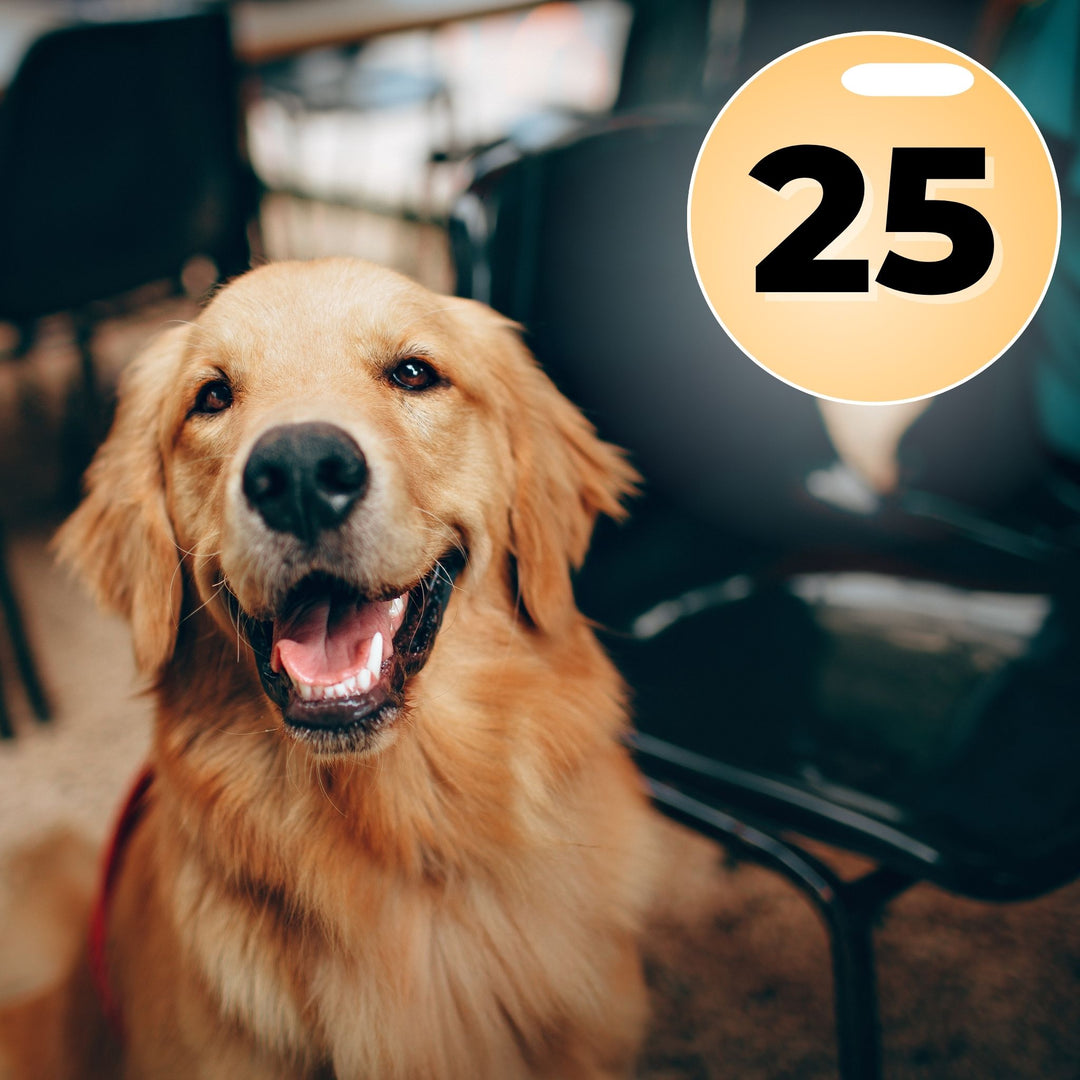Strive to be a Monkey with Cymbals

What exactly is the handler's role in the Scent Work team, anyway?
This topic has been on my mind this week as it came up in back-to-back in person NW1 Trial Prep classes I was instructing. One student made the comment, "I don't know why people worry about what to do at a trial, the dog does all of the work, we don't have to do anything".
Another student made me laugh and was the inspiration for this blog. I was giving him instruction about the search and he said, "I'm just the monkey with cymbals walking behind my dog calling alert".
While both of these statements might be true to some extent there is SO MUCH that the handler is responsible for. Yes, the dog has the nose and if properly trained our role at a trial, especially the NW1 level, should be pretty minimal.
But how do we get there? We have to put the work in during TRAINING so we can be that monkey with cymbals during a trial ????
If you're preparing for your first trial…or any trial, ask yourself these questions and answer them honestly:
- Is odor important to the dog?
- Is the dog excited about finding odor?
- Is it a party every time the dog finds odor?
- Does the dog search independently for odor?
- Has the dog seen many odor puzzles and is confident solving different puzzles
- Can the dog find hides of different elevations:ground hides, nose height, suspended, everything in-between?
- Has the dog searched in many different environments and is confident searching them?
- Has the dog searched in all kinds of weather?
- Can the dog search independently both on leash and off leash?
- Can the dog search confidently on grassy/outdoor surfaces without eliminating during the search?
- Can the dog cover an entire search area, any element, on his own without direction from the handler (including the threshold and deep corners)?
- Has the dog been exposed to various distractors that could be present in a search area, even if not intentional (humans, animals, food, toys)?
- Can the handler read the subtle changes of behavior our dog has when in odor?
- Does the dog stay at source in order to communicate to the handler where the hide is?
- Is the handler comfortable handling a leash of different lengths?
- Does the handler know what leash length works best for the team?
- Can the handler remember what areas of the search have been covered and what areas have not?
- Can the handler direct the dog if needed when working off leash?
- Has the dog been acclimated to waiting comfortably in a crate/vehicle while waiting for a search to begin?
- Is the dog comfortable traveling long distances and staying in a hotel/campground?
- Does the dog (and handler!) have the stamina to make through an entire day of trialing?
Heck, my dog and I have earned our Elite Championship and we can't honestly answer yes to all of these questions. That is why we are constantly learning, training, trying to be better. This is why I went through two and half bags of treats in our last training session – I wanted us to have a FUN, stress-free night of training and I wanted my dog to LOVE the experience we were having because I'm throwing harder and harder puzzles at her.
If you're entering the world of competition scent work, STRIVE to answer yes to all of these questions and work on a different question on this list every time you train.
If you plan on entering NACSW trials – good news! We have a full NACSW Program for you to go through: NACSW:
ORT Trial Prep Course
NACSW: NW1 Trial Prep Course
NACSW: NW2 Trial Prep Course
NACSW: NW3 Trial Prep Course
Author: Lori Timberlake, CPDT-KA, CNWI
Lori Timberlake is an Summit-level competitor and instructor who is also an approved AKC Scent Work Judge, UKC Nosework Certifying Official and USCSS CSD and Judge. The owner of Do Over Dog Training, Lori is extremely active in the Scent Work community and Scent Work University is beyond fortunate to her as part of the team!
Join Our Newsletter
Stay up to date with all the happenings at Scent Work University, including the release of new online courses, seminars, webinars, eBooks and receive exclusive promotions and discounts!




